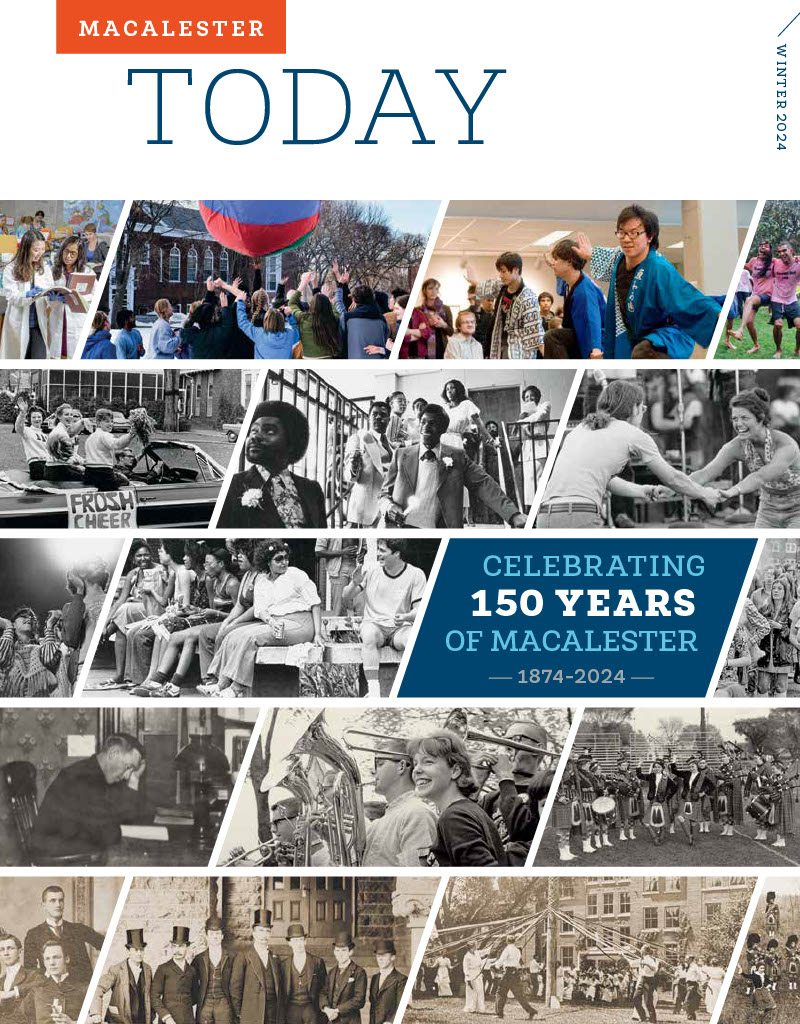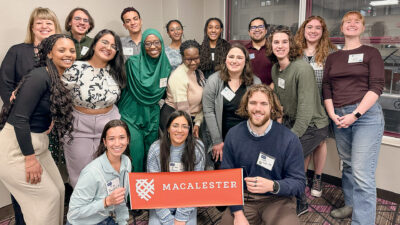
By Catherine Kane ’26 / Photo by David J. Turner
Ever wonder about all those books lining professors’ offices? We’re with you.
Cari Gillen-O’Neel is an associate professor of psychology. Her research examines the social and educational implications of children’s collective identities—identities rooted in group membership, including demographic groups and institutional groups.
What have you been reading lately?
I’m not a big reader outside of work, because I think about such serious things at work that when I get home, I need a break. I love a feel-good TV show like The Good Place or Parks and Recreation. A recent one I watched was called Gentefied; it was really charming.
What book is crucial to understanding your academic niche?
My area of research is in racial identity development among children, particularly white children and how they understand race. People of all races, but especially white people, have a hard time understanding the history and invention of race. Two books that discuss that are Fatal Invention: How Science, Politics, and Big Business Re-create Race in the Twenty-first Century by Dorothy Roberts, and Stamped from the Beginning: The Definitive History of Racist Ideas in America by Ibram X. Kendi. Many people don’t understand that race is not real; racism and discrimination are, but there is no one gene that makes someone Black or white.
Was there a particular book that made you interested in your current research area?
A book that came out when I was in graduate school, Nurture-Shock: New Thinking About Children by Po Bronson and Ashley Merryman, turned me on to the idea of studying how white parents do and don’t talk to their children about race, which led me to my current area of research. Many white parents believe that if they adopt the strategy of color-evasiveness or color-blindness, their children will never notice race. But instead, we are just allowing a racist society to socialize our children.
—Catherine Kane ’26
February 2 2024
Back to top





